Tiny House Planning: 4 Places to Park
By Chris Schapdick in the Joy of Tiny House Living
Legalities around tiny houses are a tricky subject. For one thing, legal restrictions and requirements are very local. Your particular situation is going to depend on where you live. Tiny houses are generally considered custom recreational vehicles in the eyes of the law, so whatever laws pertain to recreational vehicles, broadly speaking, pertain to tiny houses as well.
So why is it so difficult to live legally in a tiny house? Many municipalities are somewhat wary of tiny living for a number of reasons. Since most tiny houses are built on wheels, they are afraid of the transient nature of tiny living. Property values come into play; people, rightly or wrongly, worry that the presence of tiny houses will negatively impact their property values. Another critical aspect is revenue. How are towns going to make revenue from houses that are on wheels? Towns usually make revenue from property taxes. That said, some towns are starting to embrace the existence of tiny living. There are actually some advantages that tiny house presence can afford to towns. One major advantage is that tiny house living can help a town address an affordable housing crisis, which is common across the country.
Whether your tiny home is your permanent residence or home away from home, legally, you have four general options described below when it comes to parking your tiny house.
Experience Tiny Home Living! Enter to win below for a free night stay in a tiny house of your choice on the Tiny Estates property located in scenic Lancaster County, PA and a copy of Chris Schapnick’s new book, The Joy of Tiny House Living!
The Joy of Tiny House Living
Your indispensable manual for tiny house living!
- Comprehensive review of the practical considerations that go into building, owning, and living in a tiny home on wheels
- What it means to upgrade to tiny, and what you should know about design, construction, and the legalities of living in a tiny home
- First-hand information from people in the tiny house movement addressing how to deal with the inevitable challenges of living your tiny house dream
- Author Chris Schapdick is the founder of Tiny Industrial, a tiny house building company, and he was awarded the “Best Tiny House Award” by the New Jersey Tiny House Festival in 2017
Your Own property
Obviously, you can almost certainly park your tiny house on land you own. This isn’t a given, though, so make sure you check the local laws. Some townships allow accessory dwelling units (ADUs). An ADU is an additional structure that you’re allowed to have on your property. ADU regulations were not necessarily developed for tiny houses, but they can assist them dramatically. If you own property, you can likely build or park permanently in your own backyard—but check your local zoning laws first to be sure.
MOBILE HOME PARKS
Some mobile home parks, also known as trailer parks, are making space available for tiny houses. These parks were created before the tiny house boom and were designed to
accommodate pre-manufactured homes. Converting these rather drab and dreary cookie-cutter places into something nicer has many benefits. The mobile home park can charge a bit more for the additional landscaping and the community areas that groups of tiny houses typically create among themselves. These are all positives for mobile home parks, which is something you can point out to a park you’re trying to convince to let you park in. Prices will vary widely based on location and amenities, but figure a few hundred dollars per month in “rent.”
“I aim to align myself with people that inspire. You should always look for those with that mad scientist gleam. Chris has it, and he’s about to share it with you.”
— Derek “Deek” Diedricksen, author of Microshelters and Micro Living, former host of HGTV’s Tiny House Builders
Campgrounds
If you live in a rural area, there are generally going to be RV campgrounds around. Some campgrounds are making tiny living an option, allowing people to long-term lease space. This creates a year-round revenue stream for campgrounds that might otherwise see serious
dips in patronage over the winter months. These campgrounds are already equipped to handle power needs, sewage needs, and often laundry needs, making them a great fit for tiny homes. Again,
prices will vary based on location and amenities, but a few hundred dollars per month is to be expected.
Zoned land
You may be lucky enough to find a town that is open to tiny houses, at least in certain areas. In the United States, the
movement seems to be strong out west and slowly
heading east. One town at a time, one experience at a
time, townships are opening up to tiny homes. And
there are actually some advantages that tiny house
presence can afford to towns. One major advantage
is that tiny house living can help a town address an
affordable housing crisis, which is common across
the country.
Get Exclusive Email Offers And Receive 15% OFF On Your First Book Order!




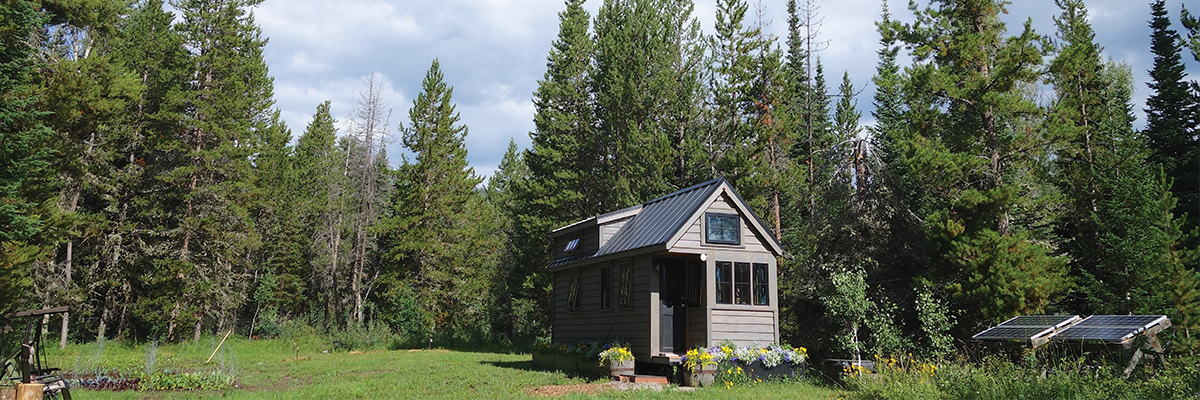

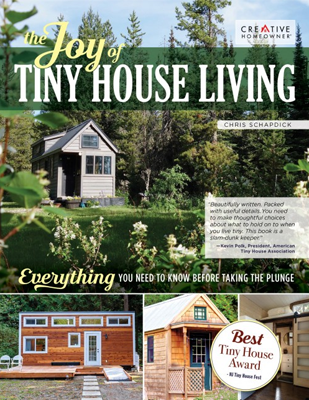
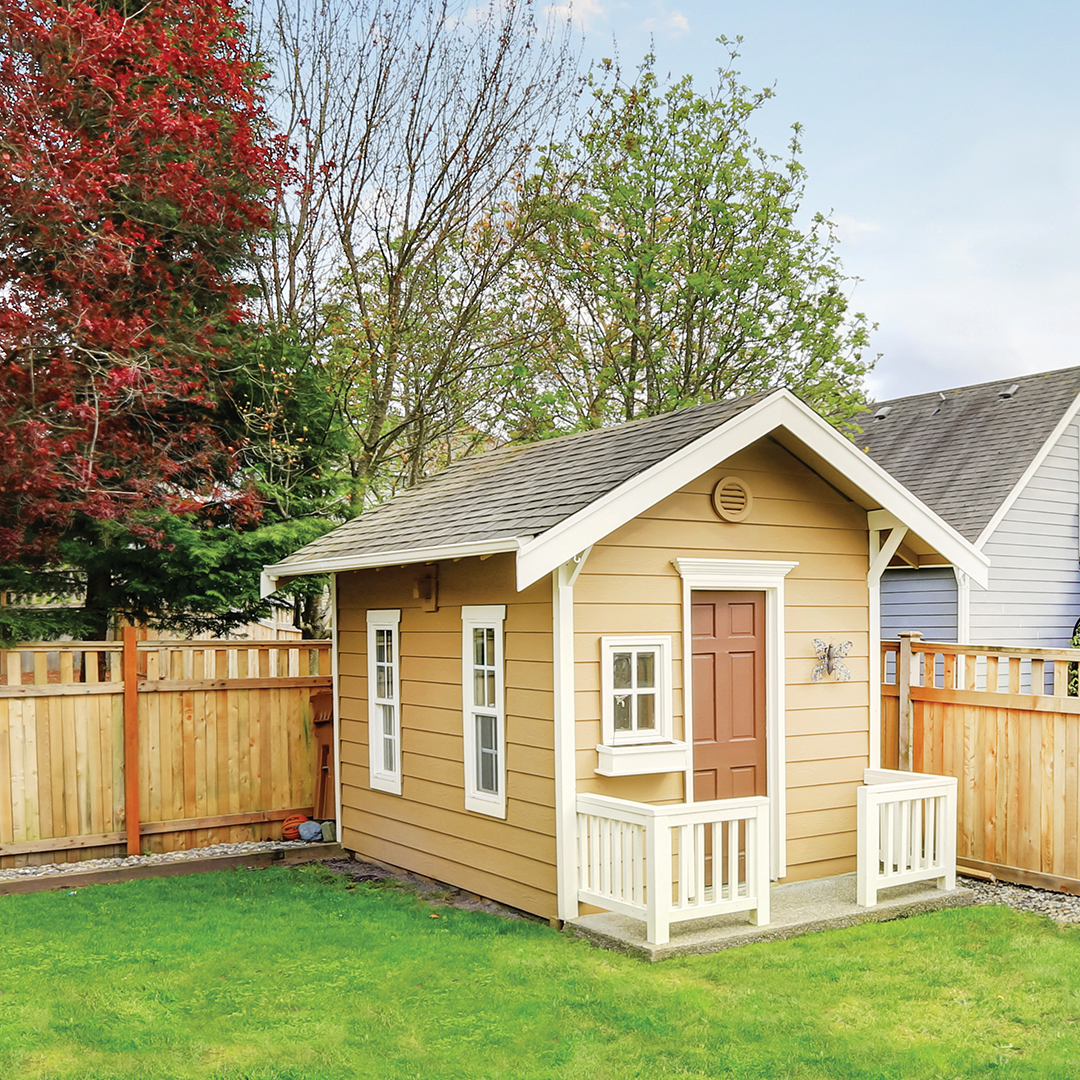
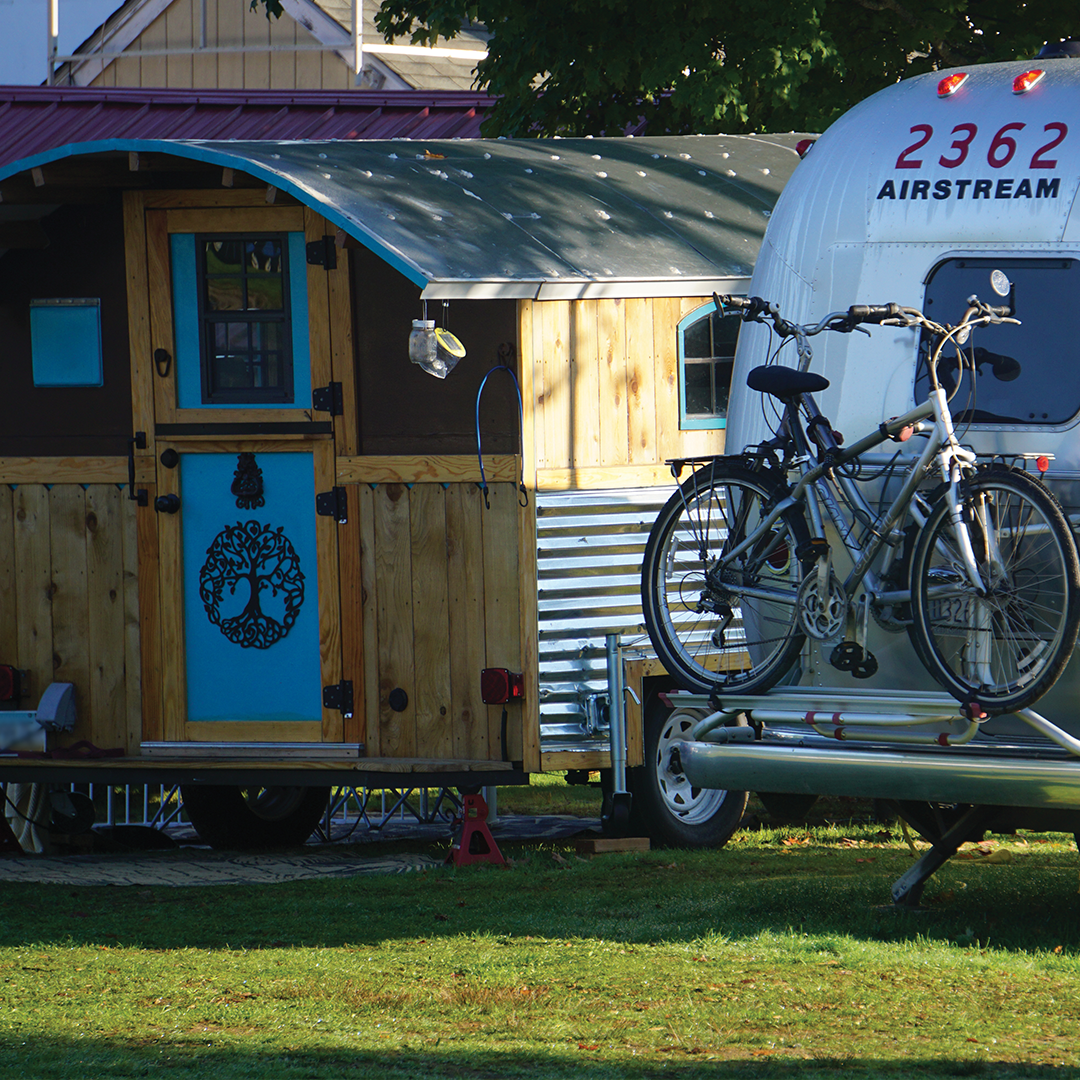
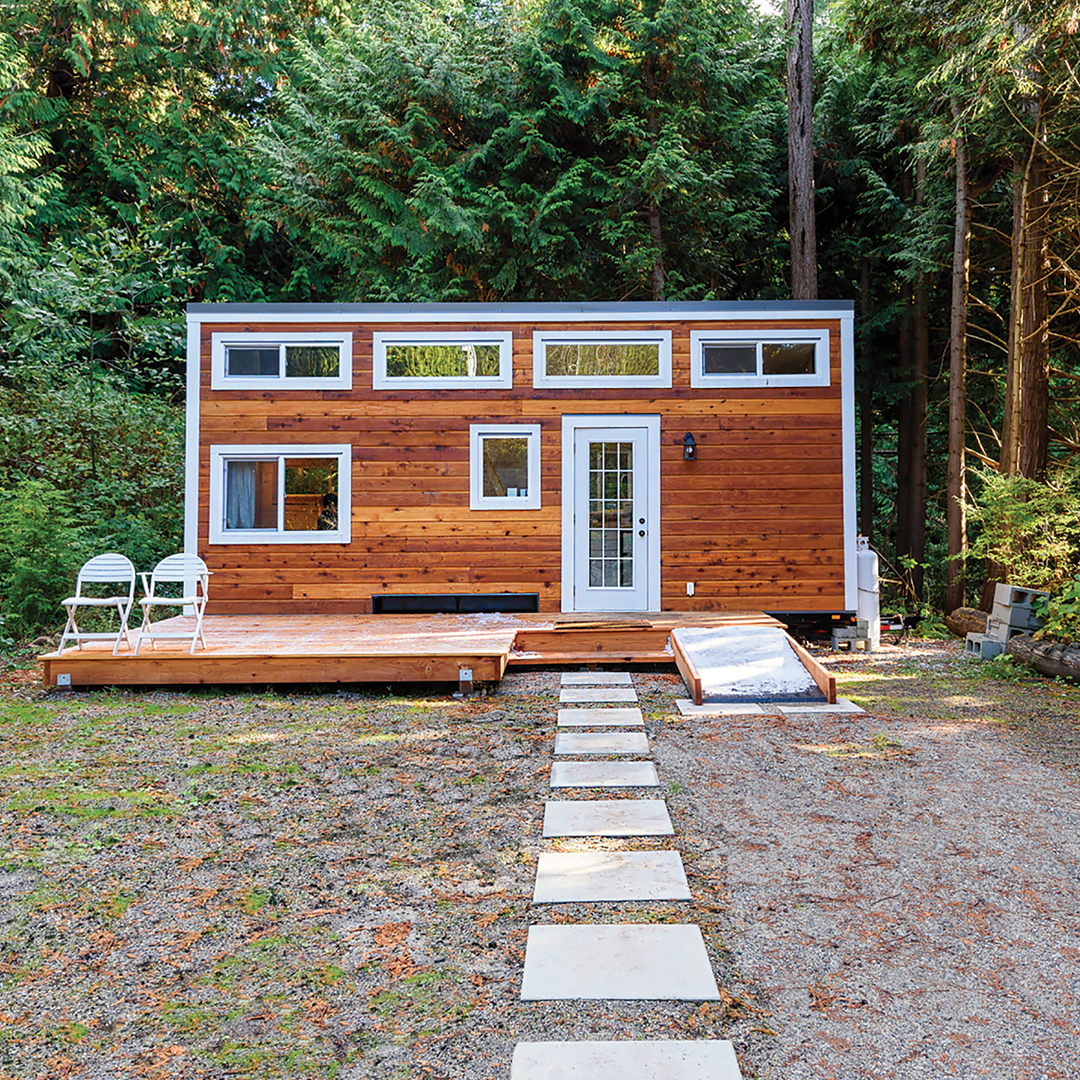
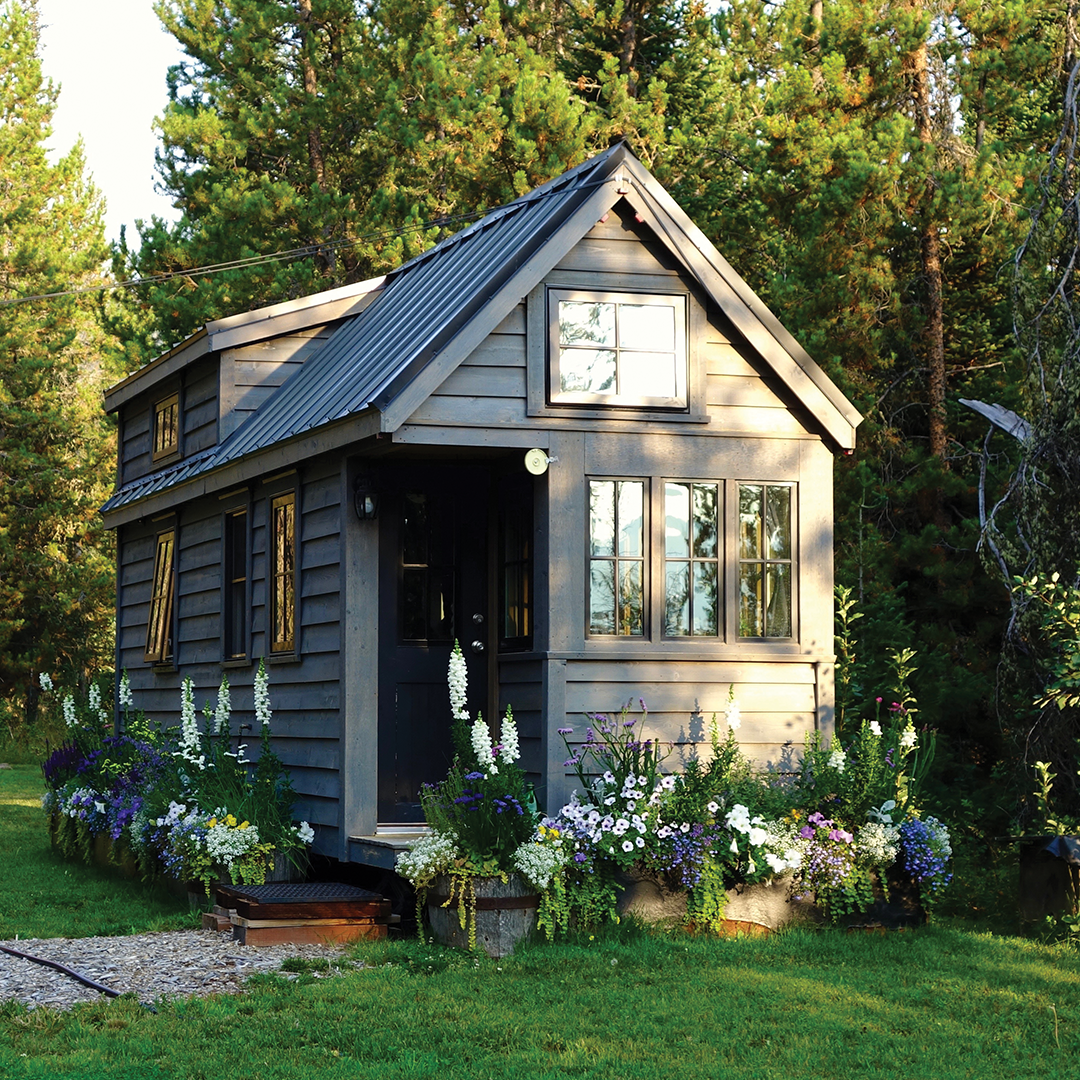

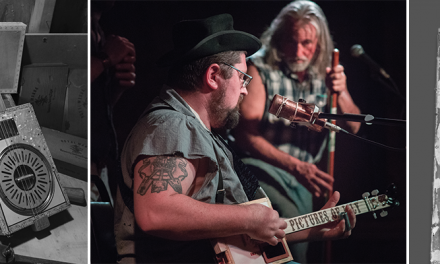

Recent Comments